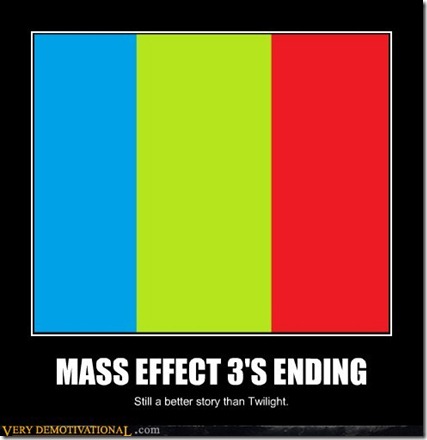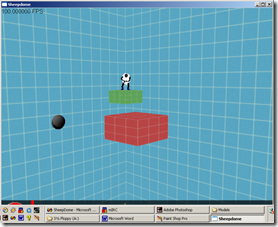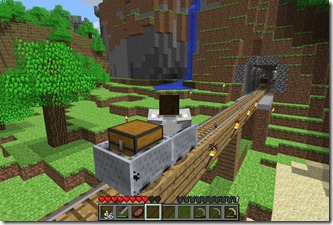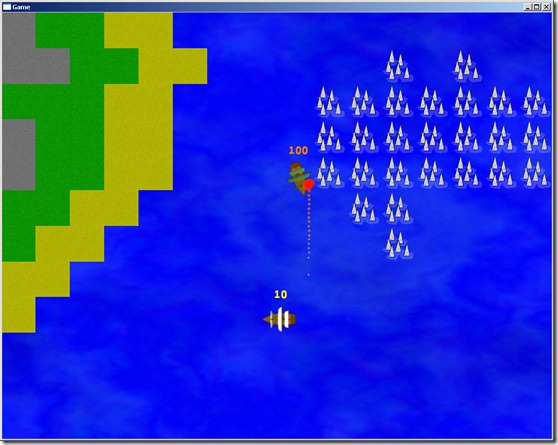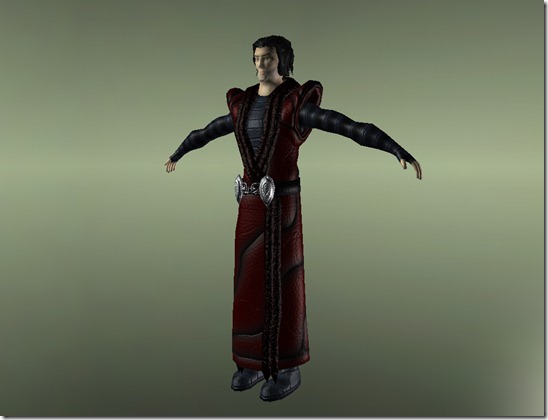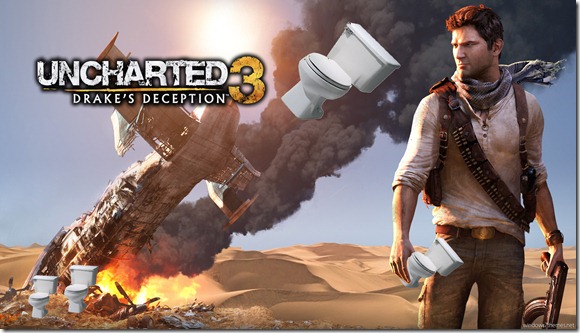
…or toilet, ‘cos toilets are funnier… 
In the weekend I finally took the time to finish this one…
First, lets get the good out of the way: from a production standpoint, this game is utterly brilliant… some of the best graphics I’ve seen in any game out there (with the possible exception of Crytek games), the water and sand effects are absolutely brilliant, the animations/acting are top notch, etc, etc, yadda, yadda, yadda…
The game is a masterpiece of game production…
Yet…
The game fails in a loads of things…
1) Probably due to the fact that they had a huge budget, the game had too many cutscenes (and cutscene like events when I’m playing)… When I was still in the initial part I was getting aggravated because the game didn’t want me to play it! Every time I took a step forward or did any action, there was a cutscene where something happened (a pipe that would break, an enemy that would come round the corner).
2) Related to this, the game threw too much at you… at the beginning, it just seems like that sort of “adventure rollercoaster”, but at the some point in the game, it just feels like too much, like the terrible “A-Team” movie… and when it gets to the end (SPOILER ALERT) a complete ripoff of Indiana Jones and the Last Crusade, with Drake running after a caravan in a desert/canyon like setting, ending up with him dangling on a crane… and the rip-off doesn’t end there, it’s basically littered all over the game… There’s such a thing as “too much”, and Drake goes from being a nicely developed character (from the previous two games) to the guy that’s going to replace Chuck Norris in jokes (“Nathan Drake doesn’t do push-ups… he pushes the Earth down!”).
3) Controls were a little unresponsive… This one is a bit unfair, but remember when games would react immediately when you pushed the controller (character would walk one pixel forward or something like that)? Well, Uncharted reacts immediately, by playing out an animation of Drake turning or something like that… I know that this is more correct and “cinema-like”, but in my humble opinion, it breaks the game a bit, because it doesn’t feel like you’re controlling Drake, just giving me overall directions…
4) The game tries to do everything the predecessors do and adds loads more, with epic environments (the cities are big and extremely detailed, they even give Assassin’s Creed a run for his money), but in this game, it all feels so scripted that the epic-ness gets loss a bit
5) Finally, the storyline… It’s rubbish, generic and predictable… I know that this kind of game is done to capture the “blockbuster” feel, but games are a different medium, and as such have to be treated as such… what might work from a story perspective in a movie where you just want to be entertained for 2 hours and chug some popcorns doesn’t work in a 8+ hour game… Unfortunately, I feel that more and more of the AAA games industry are so busy trying to capture that “movie magic” feel they forget that their games aren’t as short… I can endure (and have fun with) 2 hours of Adam Sandler, 8 hours is just plain torture… The longer the game is, the more it needs to put the player in control of the story, to make him invested in it, or else it will lose him…
I might be alone in my criticism (as the 92/100 in Metacritic seems to show), but that’s how I felt the game:
-
Start game: Wow, looks nice!
-
Play tutorial: FFS, let me play the goddam game!
-
Early game: Nice, going into the past of Drake… can’t shoot stuff, though!
-
Middle of game: Meh… Run, shoot, run, shoot…
-
Boat part: Wow, that water is really, really, really amazing…
-
More boat part: Drake can’t have a single bone still in one piece…
-
Desert: WTF, this is just Indiana Jones and the Last Crusade, with a character I’m starting to actually dislike!
-
End part: Isn’t this over yet?
-
Credits: So… er… this whole quest was kind of pointless…
I might be a bit cruel, since I had some fun playing it, but it isn’t as memorable as the previous two installments… 7/10
